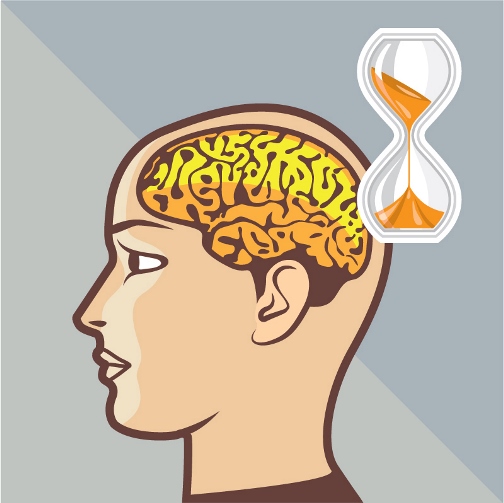Understanding Your Child’s Concentration Problems
As the mid-year exams loom, children will write tests to measure how much they remember what they have learned. Being able to concentrate in class is a critical step in the learning process and is fundamental for success at school.
Read MoreResearch Study: Edublox Improves Processing Speed of ADHD and Dyslexic Students
Educational specialist Dr Lee DeLorge in Ohio tested the effect of an Edublox program on processing speed. Sixty-seven students aged 5 to 18 with ADHD, dyslexia, dyscalculia and non-specific learning disabilities participated in her study. Ninety-four percent of the learners improved significantly. Results were as follows...
Read MoreEdublox Research Study: Improving Visual Memory and Visual Sequential Memory
The mean Visual Memory Skills Test POST score across both groups was significantly higher than the mean Visual Memory Skills Test PRE score. The mean score across both groups improved from 6.2 years to 7.5 years (i.e. 1.3 years after 22.5 hours of training).
Read MoreJuggle for a Bigger Brain
It's no longer just a party trick. Juggling, and probably other visual skills that take time to master, increase the size of your brain. That’s the conclusion of German researchers, which throws down the gauntlet to the mainstream view that the size of the adult brain does not change at all except when it is confronted by ageing or disease.
Read More







